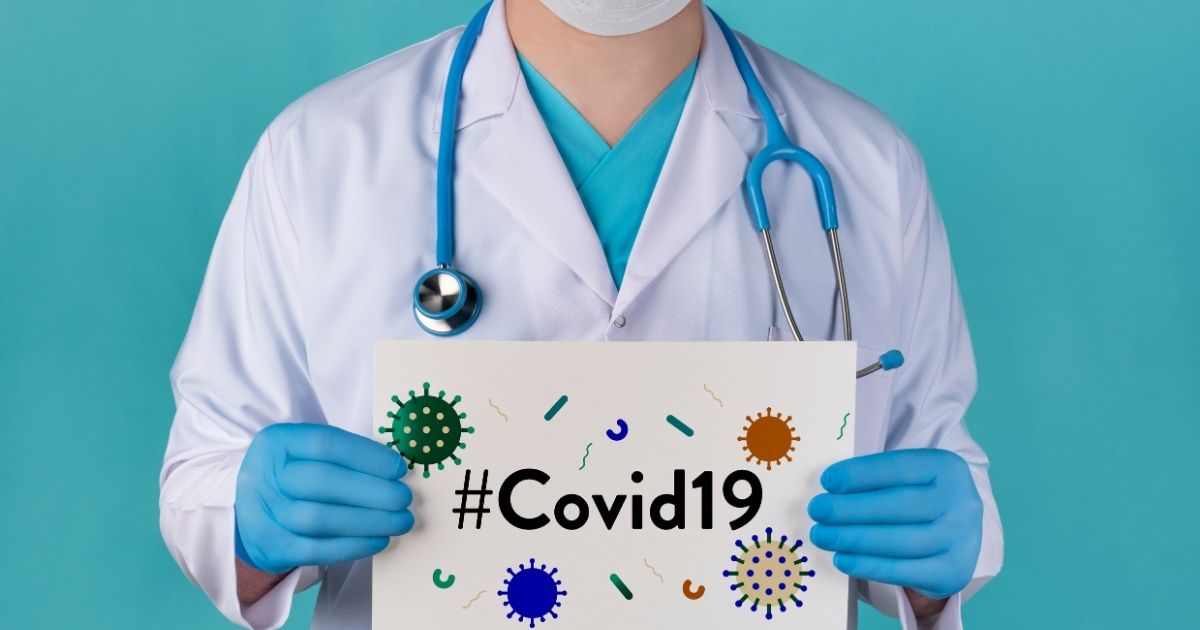While a vaccine is reportedly showing light at the end of the COVID-19 tunnel, Hubbell Lighting has been helping illuminate ways for its 650 Greenville employees to navigate another coronavirus challenge: workers’ mental health.
“Pandemic fatigue is real,” says Garth Warner, Hubbell’s vice president of human resources. “For months, our daily routines, work locations, kids’ activities and social calendars have been turned upside down.”
Brian Reichel, operations manager at BASF’s Converse facility in Spartanburg, tells of an employee who gave birth last spring, around the time of South Carolina’s first coronavirus-related death. The woman was nervous about returning to work during COVID-19 with a newborn at home, he says.
“She was originally not going to be someone who was a remote employee,” he says of the new mom, who is among the plant’s 50 employees, most of whom work in on-site production. “We were able to reorganize to set her up to work remotely and still be able to contribute and continue working.”
At the facility, which processes catalytic converters to recycle precious metals, BASF adheres to CDC guidelines: social distancing, masks, hygiene, gate screenings, sanitation and more.
Reichel says the company, which now has 15 openings, offers access to counseling and psychiatric care, among a slew of BASF’s other work-life programs.
Says Reichel: “I know one of the big worries with COVID right now as a whole would be that the isolation has caused more mental health issues.”
He’s right, according to Susan Smyre Haire, director of community engagement and development at the nonprofit organization Mental Health America of Greenville County.
“We have seen various companies reaching out to us to partner and support our services in a way that we haven’t seen before,” she says, also noting that in the past six months the organization has seen a 200% increase in companies asking about MHAGC’s educational and outreach programs.
Another, grimmer increase, she says: skyrocketing suicide-in-progress cases — people who have “taken steps to end their lives” by the time they contact the National Suicide Prevention Lifeline; MHAGC has operated the helpline for the entire state since last December.
Typically, MHAGC intervenes in about 50 such cases annually. That number is over 200 for 2020, she says. “We do believe that that number is going to be at least six times what it has been in previous years” — although she cautions that multiple factors, not just the pandemic, contribute to suicidal ideations.
Meanwhile, Hubbell, like BASF, provides a robust suite of increased pandemic-related employee-assistance programs, as well as encouraging work-from-home employees to take what Warner calls “virtual water-cooler breaks and happy hours.”
Warner also says the company has been doing for months what Haire encourages all employers to do.
“We trained managers to identify signs of mental illness, disengagement, and the importance of empathy during these challenging times,” he says. “I started the year encouraging our employees to be informed, be vigilant and be resilient. Now, more than ever, we need to be strong, stay positive and test negative.”
With frontline health-care workers among workers especially hard-hit these days, Prisma Health, the Upstate’s largest employer, offers the following resources, among several others, to its employees:
- COVID Wellness Toolkit on the intranet.
- The Employee Assistance Program provides counseling, assessment, referral and education for team members and their loved ones.
- In a partnership with Bright Horizons, Prisma Health assists employees with school-age children find resources for academic support and tutoring.
- Encourages employees to discuss a flexible work arrangement, including a compressed workweek or telecommuting, where needed and appropriate.
Source: Prisma Health

Dr. Casey Berson, a psychiatrist with Prisma Health, offers these tips for dealing with isolation and working from home:
- Set aside an area of your home that is specifically for work
- Schedule time to be social virtually
- Spend time outdoors
- Set new or small goals: start a new book, learn a new language, practice an old instrument, set aside five minutes for a hot drink
- Exercise — walk, stretch, practice yoga. Benefits include bolstering your immune system as well as your mental health
- Meditate
- Reduce screen time and take in only reliable sources of information on COVID-19
Source: Dr. Casey Berson, Prisma Health

Tips for companies to improve employees’ mental health:
- Managers should provide empathy, understanding that employees need to know it is OK to be experiencing distress and encouraging employees to discuss their work-life issues.
- Companies should provide ample resources throughout the community and nationwide, with 24/7 support from the employer, government, private and nonprofit providers.
- Companies should educate employees about the warning signs of mental illness and suicide ideation for themselves and their colleagues.
Source: Susan Smyre Haire, Mental Health America of Greenville County.
The post In tough times, companies step up to meet employees’ mental health needs appeared first on UPSTATE BUSINESS JOURNAL.












